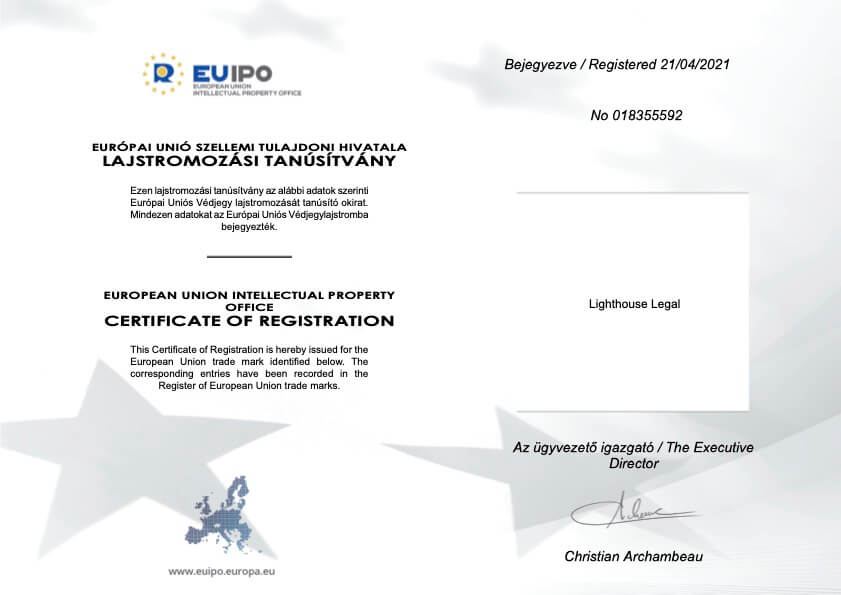
Our client, a major regional company providing "B2B" services, contacted us to perform a comprehensive review of their previously implemented car policy.
While the policy covered the fundamental issues of vehicle use, it only touched on the essential issues, leaving room for a wide margin of discretion over how to decide in the event of a dispute, making it difficult for the employer to calculate.
It is crucial that the scope of a vehicle use policy is defined, particularly to which employees and to what area it applies. In addition, such a policy should be issued for a fixed term so that the employer will have the opportunity to review it periodically.
When drawing up the policy, the employer should always consider the form and conditions under which it wishes to grant this entitlement to employees or to groups of employees according to certain logical principles. This is particularly important nowadays when purchasing cars is not easy, and leasing and operating costs have drastically increased.
Fundamentally a distinction should be made between using cars for private purposes as a benefit and using cars for work purposes only.
Where the use of a vehicle is provided as a benefit, it should be kept in mind that the employer can only be exempted from providing benefits under a unilateral obligation if there is a substantial change in its circumstances after the policy is introduced, which would make it impossible or unreasonably unfavourable for the employer to fulfil the obligation.
Due to the abovementioned facts, it is advisable to provide such benefits for a limited period, as the expiry of the period gives the employer an opportunity to change its previous practice.
It is also not uncommon for a mother on maternity leave with her second or third child to still use the company car despite the employer's intentions because the policymakers have overlooked certain circumstances when preparing the policy.
In terms of vehicles provided as benefits, it is advisable to specify the values/types of cars that employees are entitled to use, as well as the value up to which cars can be used – and that of private use - so that in the event of a dispute, no costly evidence should be gathered to establish the value of use.
It may also be helpful to specify the persons who are entitled to use the car other than the employee unless the employer intends to exclude this.
It is not unprecedented for the employer to offer the employee a choice in respect of cars provided as a benefit.
It may also be useful to clarify if the vehicle provided is unavailable for some reason (repair, accident), how it can be replaced and under what conditions and in what way an employee can use a rental car.
The cornerstone of the car policy is the procedure for handing over the car, the conditions and procedure for returning it to the employer temporarily or permanently, and the employee's liability for damage to the car and any damage caused by it.
Other important issues are the conditions under which vehicles are operated and maintained, the obligations of the employer and the employee, and whether and to what extent vehicles may be adapted to the employee's needs.
As aforementioned, in any case, drafting a car policy requires legal practice as a set of rules need to be devised which takes account of the employer's operating mechanism, financial resources, and the purposes to be fulfilled by granting vehicle use.
In the legal case described, we, together with the client, decided, given the logical pitfalls of these rules, not to attempt to set the previous policy right but to make an entirely new set of rules adapted to the client's actual intentions.

